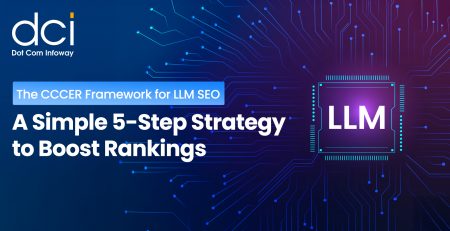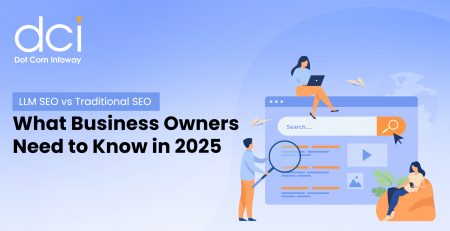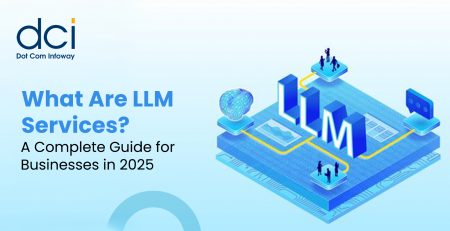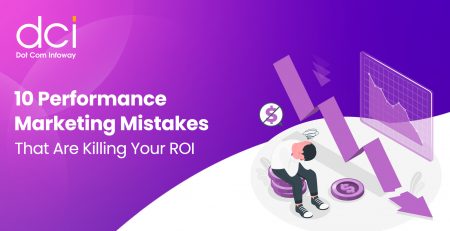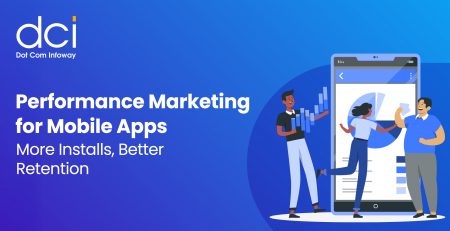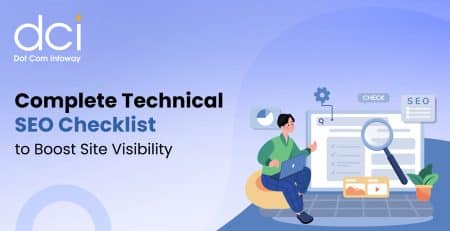The Ultimate E-Commerce FAQ for Budding Entrepreneurs
E-commerce, to the common businessman, seems like a vast field with plenty of unknowns and potential. If you’re just starting out in e-commerce yourself or simply want to learn more about the field and even gain a couple of valuable tips while you’re at it, then take the time to read the FAQ we’ve prepared here.

1. What Is E-commerce in Simple Words in a Lay Man’s Language?
E-commerce is basically doing business wholly through the internet. Normally, it involves the sale and purchase of items and the transfer of payment on a fully digital scale.
2. Different Types or Categories of Ecommerce? Or Can We Classify It on Any Basis for More Understanding?
a. B2C
B2C literally translates to business-to-consumer and is possibly one of the most ideal models of e-commerce at present. It eliminates all middlemen, after all, which only means lower costs for consumers and bigger earnings for marketers in the long run. Essentially, it’s direct selling done & payment via a digital platform.
b. B2B
B2B, on the other hand, stands for business-to-business. It usually entails selling the goods and tools needed by another business to run its operation. However, it’s definitely not limited to that. Any direct transaction that involves two enterprises falls under the B2B category.
c. C2C
Consumer-to-consumer, as its name implies, is more of an unconventional model where consumers are able to freely transact with one another. Such cases often involve the development and use of a platform through which this kind of setup can flourish. Prime examples include Craiglist, OLX, among others.
d. C2B – Upwork, Guru.com
Consumer-to-business is the exact opposite of the traditional B2C model. In this kind of setup, it’s the consumer that provides value to the business. For one, customers who leave feedback about a business’s products or services are already giving the latter value, so there’s active reciprocation involved. Freelancing essentially follows this model as well. You also can take a look at sites like Upwork and Guru.com to see how the C2B model works in another way.
3. Why Is Ecommerce Necessary?
a. To Increase the Reach and Remove the Location Barriers
Setting an e-commerce store pretty much guarantees you’ll have more leads that you can turn into conversions. All the better if your particular endeavor can easily attract consumers worldwide.
Ex: An retailer from a small town from any part of the world can ship his products across the globe with the growth of technology and the reach of logistics.
b. With the COVID Situation, People Prefer to Shop from Home
There’s no room for doubts about safety when doing e-commerce. There’s no need to meet face-to-face to get any transaction done, and for many people, such a scenario is nothing short of a blessing in these turbulent times.
c. Digitalizing the Transactions Can Improve the Transparency and Ease of Doing Business
You will be given all the tools you need to keep track of your business’s various operations and processes, after all. You also don’t have to worry about any inaccuracy or the possibility of getting scammed as long as secure payment portals are set in place.
4. Go Digital: What Does It Mean To Your Business?
Going digital simply means setting up your business for the future. It’s the norm already, after all, and people have since populated numerous digital channels, may they be social media, blogs, forums, etc., in recent years. That volume is only expected to rise. So it’s high time for businesses to establish their online presence; otherwise, they’ll only go the way of the dodo.
At best, a business should reach out to people on platforms that they frequent, so besides a website, it should have a social media presence as well. The key is to leave digital footprints everywhere where traffic acquisition is viable.
5. How Is E-commerce Changing?
a. Personalization
Now, online marketing is beginning to focus on addressing the individual needs of consumers. Oftentimes, businesses use technology like AI for this, which essentially analyzes customer behavior and delivers products and services that they might find interesting based on the said analysis. Personalization only leads to better conversions so you can expect more businesses to focus on them.
b. Chatbots
Chatbots greatly boost reach and save you a lot of time and effort. They can be set up to do the sales talk for you, after all, and it’s all about programming them smartly. Studies have shown that they can significantly increase revenue.
c. Use of VR/AR
By remotely providing a realistic rendition of a product or properties like cars and homes, AR/VR can give consumers more than just sneak peeks of any prospective item that they’re interested in buying. Virtual walkthroughs are not only very convenient but very interactive and entertaining as well.
d. Marketing Automation
With automation, you can save more time and energy, and more importantly, boost productivity and reduce costs. Usually, automation is used to fulfill certain important steps in the marketing process that could otherwise be done with zero human intervention.
6. Why do ECommerce Sites Fail?
a. Poor Website Experience
Oftentimes, factors like lack of mobile responsiveness, broken links, and no proper navigation structure are a few of the main culprits behind this.
b. Lack of Marketing Activities
By not actively driving and honing your marketing strategy (or lack thereof), any site is doomed to fail, regardless of how excellent its product or service is.
c. Poor Customer Support
Customer support is one of the main gauges used by consumers when relaying feedback. Poor customer support is only a telling sign that a business does not prioritize its customers’ satisfaction.
7. How Can You Take Credit Cards Payments Across the Net?
By relying on payment processors like Payumoney, Razor Pay, Stripe, and Paypal. These help in processing the payment from the customers to our bank account. They are often universally accepted and used in a lot of stores, making them go-to payment options for credit card users.
8. How Should Merchants Promote Their Ecommerce Sites?
Complete Digital Marketing Strategies – Simply put, they have to go the whole nine yards. Use all the options at their disposal. These include prioritizing proven-working methods and platforms like SEO, Social Media, Paid Ads, Affiliate Marketing, and Email Marketing.
9. What Are the Key Things to Turn Browsers into Buyers?
Offer something that they can’t resist. You don’t really have to look further than delivering to your customers an offer you know they can’t refuse. This is exactly the reason why it’s important to take the time to really get to know your target audience.
Ex: Booking.com says there are only a few rooms left, 10 Similar rooms booked in the last few minutes, this is the best available deal, Rates go up in the next 24 hours etc..
10. What One Thing Can Impress Buyers?
The product page needs to have all the relevant information. Let them learn more about the product you are offering by detailing features and sharing the reviews of past customers. Don’t forget to include FAQs, provide After Sales service and share the refund policy and return policy as well as shipping details, etc. It’s all about looking as professional and respectable as possible.

Looking to Market Your Ecommerce Store?
Our custom e-commerce digital marketing solutions help you to increase your conversions and revenue. We have subject matter experts in search engine marketing, SEO, PPC campaigns, social media marketing, marketplace marketing, CRO, and more.
11. Can I Compete with the Big Boys?
Sell something unique and your value proposition should be different. Pick the right niche and audience to target and, more importantly, offer value to your customers. Once you focus on the latter, you don’t have to worry about underdelivering or having customers who will think they got the shorter end of a stick after every purchase.
12. What Security Risk Does Ecommerce Involve?
a. Financial Fraud
Fraud is still a prevailing problem in online marketing, as a result of the theft of credit cards. Scammers tend to use these stolen cards to purchase items from online stores only for the owner to not receive the payment or be stuck in a legal dispute as a result.
b. Spamming
This is not so much a risk as an annoyance, though there are certain spammers out there who do malicious activities to gain access to financial information.
c. Hacking Your Website and Stealing Customer Information
Hackers still prowl the net, targeting e-commerce sites to gain access to vital customer information. This is why heightened website security is a must if you are a serious online marketer.
13. What Scale or Business Volume Can Go to an Ecommerce Site?
Virtually everything business-related can be transferred to an e-commerce site completely simply because it is designed to simulate the conventional business process plus the perks it brings.
14. Is Ecommerce Profitable?
The answer to this is a resounding yes! As long as you exercise perseverance, actively look for opportunities, never stop improving your products and services, and take part in continuous marketing activities, you will eventually strike gold.
15. What Is the Checklist – Which I Need to Start an Ecommerce Site?
The majority of it is about content, both written and visual. For the latter, you will need to rely on images and other applicable media. Of course, you also have to take care of fundamentals like Domain Name, Basic SEO, Analytics, Payment gateway, etc..
16. Do We Need a Separate Team to Monitor All Its Working?
Yes, you need a tech support team if you want your site to be in seamless, working condition 24/7.
17. What Kind of Industries May Rely on B2B E-commerce?
Companies selling Digital Goods, Volume products in apparel, automotive supplies, hardware, Medical equipment, etc. Think of items that businesses simply can’t do without, in short.
18. Is There a Provision for Negotiation in Ecommerce?
Yes, in the form of bidding and nowadays conversation-based selling is also possible. For example, businesses can state that consumers and other enterprises can call them for pricing. Negotiation is always an important aspect that businesses can’t do without because it builds trust and encourages reciprocity.
19. What Kind of Ecommerce Platforms Are Better?
a. Magento and Shopify are the leading platforms today because they’re easy to set up and hand you all the tools you need. WooCommerce can be used for WordPress sites, which are still equally popular. For businesses with specific needs, simple e-commerce sites and apps can be built with custom CMS using MEAN Stack or PHP based on the complexity.
Conclusion
So, have you learned a lot from the inputs we’ve shared above? We hope you did and have now constructed a clearer picture in your mind as to where you’ll be going with your online business endeavors from here on out.

